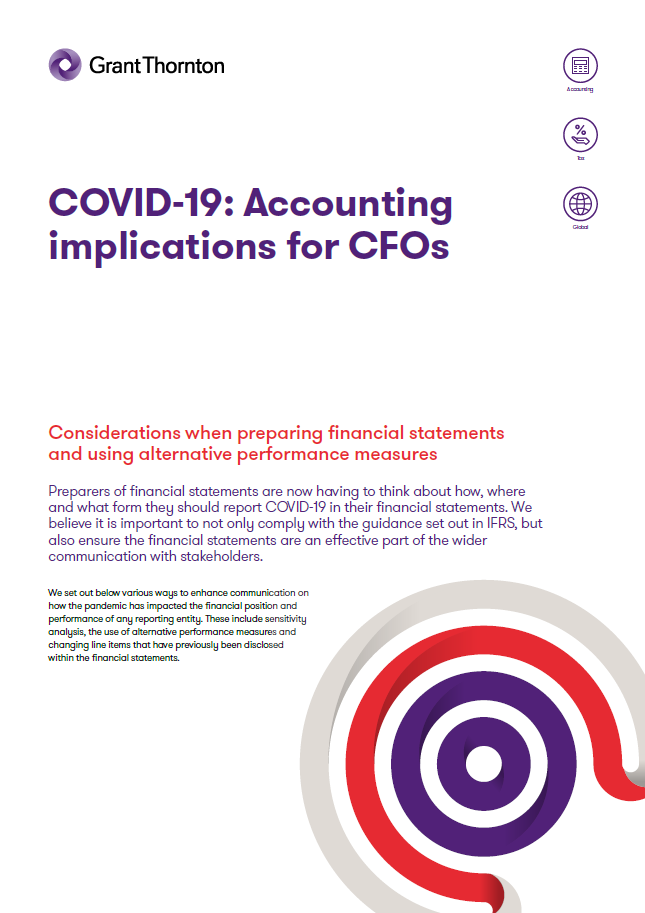-
BQA approved training consultant
At Grant Thornton, we offer a comprehensive suite of training programs designed to empower individuals and organisations to thrive in today's dynamic business landscape. Our expert-led training courses focus on enhancing key skills for career development, employee engagement, and organisational performance.
-
IT audit and advisory services
We help clients to navigate the complexities and provide you with robust independent assurance that your IT risks, key management priorities and core systems are being appropriately managed.

-
Automotive
Advances in technology are increasing the risk of disruption in the market and existing players, both upstream and downstream, are taking note. They’re innovating. They are making more use of lightweight materials and alternative fuels and taking the first steps towards intelligent and connected vehicles.
-
Asset management
Increasing regulation and investor demands for returns and transparency have brought new challenges to the asset management sector. Within this new world, organisations with the operational agility and strong infrastructure to embrace change and innovation can maximise opportunities.
-
Insurance
In a market where businesses operate with a 30-year outlook change is rarely spectacular or sudden. Yet there’s no doubt that important shifts are underway in insurance.
-
Banking & securities
Grant Thornton’s global banking and securities team consists of country, regional and service line leaders with experience of supporting clients in more than 80 countries.
-
Technology
The ability to anticipate and adapt is more important in the technology industry than ever before.
-
Media
The media industry is in the grip of a technological revolution and it’s affecting every part of the business. Distribution models, commissioning procedures and revenue streams are all evolving as the industry responds to the shift to digital and personalisation. This has resulted in a flood of new channels, platforms and experiences, all of which have to be constantly fed with compelling, quality content. If they are not, audiences move on.
-
Telecommunications
The telecommunications industry is changing rapidly and facing pressure from all sides.

Preparers of financial statements are now having to think about how, where and what form they should report COVID-19 in their financial statements. We believe it is important to not only comply with the guidance set out in IFRS, but also ensure the financial statements are an effective part of the wider communication with stakeholders.
In this publication, we set out various ways to enhance communication on how the pandemic has impacted the financial position and performance of any reporting entity. These include sensitivity analysis, the use of alternative performance measures and changing line items that have previously been disclosed within the financial statements.
The full article includes:
- What do entities need to consider when adding new disclosures?
- Given the uncertainty, should sensitivity measures be included?
- When should an entity present additional line items and subtotals?
- What should an entity do if it intends to introduce a 'new' alternative performance measures?
- How can alternative performance measures be used to reflect the impact of the COVID-19 pandemic?
- How can communication be kept clear, and why is it so important?
- Should the 'incremental' consequences of COVID-19 be assessed?
- Will there be a level of accountability for APMs?
Preparers of financial statements will need to be agile and responsive as the situation unfolds. Having access to experts, insights and accurate information as quickly as possible is critical – but your resources may be stretched at this time. We can support you as you navigate through accounting for the impacts of COVID-19 on your business.
Now more than ever the need for businesses, their auditor and any other accounting advisors to work closely together is essential.
If you would like to discuss any of the points raised, please contact Aswin Vaidyanathan, Partner in charge of Assurance on +267 76 237 135 or aswin.vaidyanathan@bw.gt.com.

